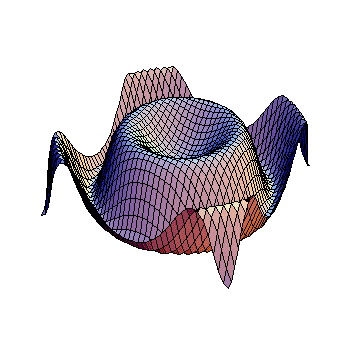There are two jars of marbles. The first jar has 4 black and 4 white marbles. The second jar has 6 black and 2 white marbles. One marble is drawn from each jar. What is the probability of drawing a black marble from both jars?
2 Answers
Explanation:
Total number of outcomes=
=
No. of black marbles= 4+6
=
Probability of drawing a black marble=
=
The probability of drawing a black marble from both jars is
Explanation:
Since we are making two independent draws, the probability we seek is the product of the probability for success on both draws. In math terms:
#"P"("both black")="P"("1st is black") xx "P"("2nd is black")#
Since the draws are both made at random, the probability that the first marble is black is the ratio of black marbles to all marbles:
#"P"("1st is black") = 4/(4+4)" "("black"/"black + white")#
#color(white)("P"("1st is black")) = 4/8#
#color(white)("P"("1st is black"))=1/2#
Similarly, the probability of drawing a black marble from the second jar is:
#"P"("2nd is black") = 6/(6+2)" "("black"/"black + white")#
#color(white)("P"("2nd is black")) = 6/8#
#color(white)("P"("2nd is black"))=3/4#
Finally, the probability that both draws are black is the product of these two independent probabilities:
#"P"("both black")="P"("1st is black") xx "P"("2nd is black")#
#color(white)("P"("both black"))=1/2 xx 3/4#
#color(white)("P"("both black"))=3/8#


